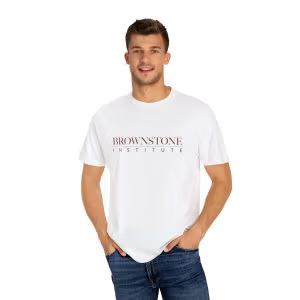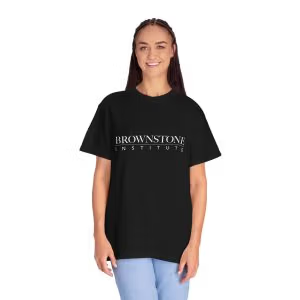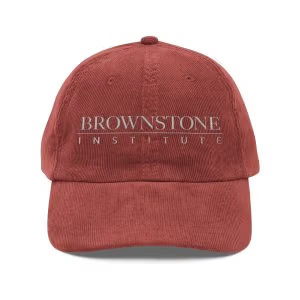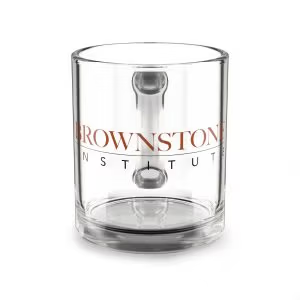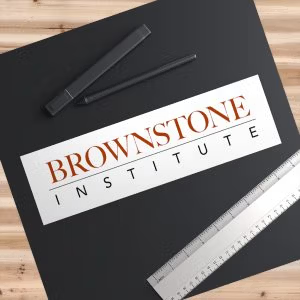_ - - - - - _
Life is a beach
or a bitch
or something in between!
- _ _ _ -
|\| ART BLOG HUMOR BLOG PHOTO BLOG CULTURE BLOG |:| FOR THE RENAISSANCE MAN & THE POLYMATH WOMAN |/|
She made her career as a ‘sex kitten’ – but when she got a chance to prove herself, she showed outstanding depth, heart and range

If it weren’t enough that Brigitte Bardot, who has died at the age of 91, was the single greatest sex symbol of the 20th century, she could also sing, very capably, and act, too. The latter point tended to be obscured in the breathless publicity surrounding her: she was arguably more famous for her raunchy photoshoots than any of the films she appeared in.
Except one, perhaps. After spending four years establishing a film career in fluffy French comedies, Bardot was cast by her then-husband Roger Vadim in the provocative And God Created Woman (1956), which caused an international stir and catapulted her to fame. She was the highest-paid actress in France by 1958, and all the most important directors queued up to cast her – the likes of Julien Duvivier, Louis Malle (twice), and, for her two finest performances, Henri-Georges Clouzot and Jean-Luc Godard.
Yet she was frustrated that being typecast stopped her from getting more illustrious roles and she retired for good in 1973, aged 39. When she got a chance to prove herself, Bardot showed remarkable depth, heart and range. Here are five of her greatest performances.

A naïve French country girl in London parachutes into German-occupied France as a seductive Resistance agent, exploiting her resemblance to the girlfriend of a Nazi general. This frothy confection was a big hit in France, and was the first film to prove that Bardot had the acting chops to win over a mainstream audience without disrobing. Columbia Pictures made a big investment in her to fund this. Her husband Roger Vadim was taken off the film when his previous film performed badly and was replaced by journeyman director Christian-Jaque.
Where to watch: available to buy on DVD

A 30-year-old Louis Malle wrote and directed this modish romantic drama, promoted as “The Story of a Star”, and premised on giving audiences a Bardot as close to the “real” one as possible: she plays a young ballerina who becomes an overnight sensation in films. Marcello Mastroianni, red-hot after Fellini’s La dolce Vita (1960) and Antonioni’s La notte (1961), played the older theatre director with whom she becomes embroiled. “A queen, a freak, a goddess,” rhapsodised the trailer. “Yet always lonely.” The irony of the title was quite intentional: Bardot’s image had become the definition of public property by then.
Where to watch: available to buy on DVD

And God Created Woman became the most successful foreign-language film in the US up to that time, and cracked the UK top 10 box office in 1957. This was all down to Bardot. She played a rampaging 18-year-old orphan in Saint-Tropez with an almost feral sexuality – “made to destroy men”, as the script puts it. Her persona was carnality incarnate, and the film existed to put her on the map. Compared with the lightly saucy films she’d made before then, this was something of a revolution, because the driving force of the story was her unapologetic hunger for sex. There was uproar Stateside from the Legion of Decency, who had just condemned Elia Kazan’s much tamer Baby Doll (1956). Bardot jubilantly played up to her image.
Where to watch: available to buy on DVD

Henri-Georges Clouzot’s lavish courtroom drama had a huge dramatic role for Bardot: she plays Dominique Marceau, a murder suspect on trial for a crime passionnel after breaking up with her lover (Sami Frey, with whom she began a scandalous on-set affair). It’s quite a showcase, with Bardot proving her mettle in handling Marceau’s tempestuous fickleness and full-bore breakdowns in the dock. It was Oscar-nominated for Best Foreign Film; she deserved, but didn’t get, a Best Actress nomination.
Where to watch: available on YouTube

Bardot’s cleavage featured heavily on every poster for Jean-Luc Godard’s ravishing opus, but it was the sadness of her performance as Camille, the unsettled wife of Michel Piccoli’s screenwriter-for-hire, that made it special. The long central section, with the bickering couple moving in and out of rooms in their half-furnished flat, was as close as we’ll ever get to seeing Bardot tested dramatically in a play: all the tears, mockery, vituperation and regret are beautifully layered. It’s her most mature work, even if she was still only 29 at the time.
:::::
Welcome to From the Editor. |
Starmer under pressure to strip ‘extremist’ of British citizenship
Just why did Sir Keir Starmer fall over himself to welcome Alaa Abd el-Fattah, an Egyptian activist with a history of “abhorrent” social media posts, to Britain?
Ministers are facing calls to revoke his British citizenship, which he was granted in 2021 while imprisoned in Egypt, where campaigners described him as a “prisoner of conscience”. |
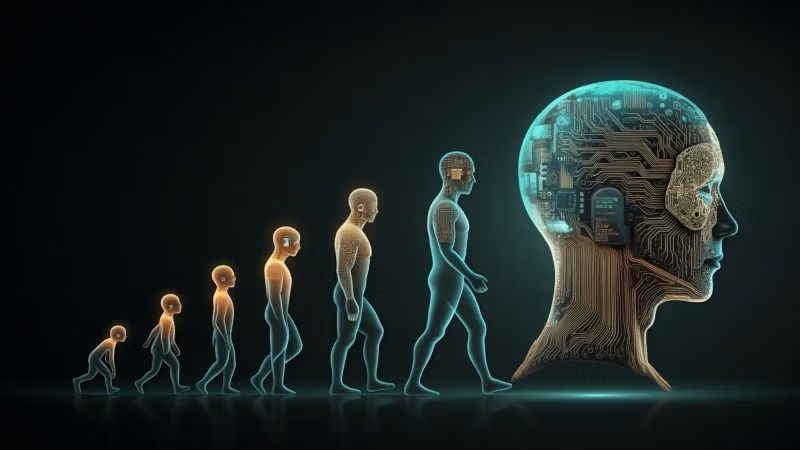
There was a time when debates about determinism and free will belonged to philosophy departments and late-night dorm room conversations. They were enjoyable precisely because they seemed harmless. Whatever the answer, life went on. Courts judged, doctors decided, teachers taught, and politicians were still—at least nominally—held responsible for their actions. That era is over.
Artificial intelligence has transformed what once appeared to be an abstract philosophical question into a concrete issue of governance, power, and accountability. Determinism is no longer merely a theory about how the universe works. It is becoming an operating principle for modern institutions. And that changes everything.
AI systems are deterministic by construction. They operate through statistical inference, optimization, and probability. Even when their outputs surprise us, they remain bound by mathematical constraints. Nothing in these systems resembles judgment, interpretation, or understanding in the human sense.
AI does not deliberate.
It does not reflect.
It does not bear responsibility for outcomes.
Yet increasingly, its outputs are treated not as tools, but as decisions. This is the quiet revolution of our time.
The appeal is obvious. Institutions have always struggled with human variability. People are inconsistent, emotional, slow, and sometimes disobedient. Bureaucracies prefer predictability, and algorithms promise exactly that: standardized decisions at scale, immune to fatigue and dissent.
In healthcare, algorithms promise more efficient triage. In finance, better risk assessment. In education, objective evaluation. In public policy, “evidence-based” governance. In content moderation, neutrality. Who could object to systems that claim to remove bias and optimize outcomes? But beneath this promise lies a fundamental confusion.
Prediction is not judgment.
Optimization is not wisdom.
Consistency is not legitimacy.
Human decision-making has never been purely computational. It is interpretive by nature. People weigh context, meaning, consequence, and moral intuition. They draw on memory, experience, and a sense—however imperfect—of responsibility for what follows. This is precisely what institutions find inconvenient.
Human judgment introduces friction. It requires explanation. It exposes decision-makers to blame. Deterministic systems, by contrast, offer something far more attractive: decisions without decision-makers.
When an algorithm denies a loan, flags a citizen, deprioritizes a patient, or suppresses speech, no one appears responsible. The system did it. The data spoke. The model decided.
Determinism becomes a bureaucratic alibi.
Technology has always shaped institutions, but until recently it mostly extended human agency. Calculators assisted reasoning. Spreadsheets clarified trade-offs. Even early software left humans visibly in control. AI changes that relationship.
Systems designed to predict are now positioned to decide. Probabilities harden into policies. Risk scores become verdicts. Recommendations quietly turn into mandates. Once embedded, these systems are difficult to challenge. After all, who argues with “The science?”
This is why the old philosophical debate has become urgent.
Classical determinism was a claim about causality: given enough information, the future could be predicted. Today, determinism is turning into a governance philosophy. If outcomes can be predicted well enough, institutions ask, why allow discretion at all?
Non-determinism is often caricatured as chaos. But properly understood, it is neither randomness nor irrationality. It is the space where interpretation occurs, where values are weighed, and where responsibility attaches to a person rather than a process.
Remove that space, and decision-making does not become more rational. It becomes unaccountable.
The real danger of AI is not runaway intelligence or sentient machines. It is the slow erosion of human responsibility under the banner of efficiency.
The defining conflict of the 21st century will not be between humans and machines. It will be between two visions of intelligence: deterministic optimization versus meaning-making under uncertainty.
One is scalable.
The other is accountable.
Artificial intelligence forces us to decide which one governs our lives.
Join the conversation:

Published under a Creative Commons Attribution 4.0 International License
For reprints, please set the canonical link back to the original Brownstone Institute Article and Author.
Dr. Joaquim Sá Couto obtained his MD from the University of Lisbon (Portugal) and continued his medical specialization in the USA, where he obtained the degree of “Diplomate of the American Board of Surgery”(1989). Doctor Sá Couto was a pioneer in the introduction of the pulsed Nd-YAG contrast laser for the treatment of spider veins (telangiectasias), in Portugal, having accumulated an experience of about 15 years with this technique.
View all postsYour financial backing of Brownstone Institute goes to support writers, lawyers, scientists, economists, and other people of courage who have been professionally purged and displaced during the upheaval of our times. You can help get the truth out through their ongoing work.
As John Adams wisely reminded us, "Liberty must at all hazards be supported." This includes the liberty to think critically, to question established norms, to engage in debate, and to…
What is the relationship between education, knowledge, and wisdom? This is not a trivial question, and the ramifications are far from obvious. Our lives may literally depend on it. Let…
It may seem like a rhetorical question to ask whether the narrative of Nineteen Eighty-Four (or 1984), has somehow left its pages and settled, like an ominous miasma, over the…
If universities and their medical centers want to regain public trust, they must demonstrate that knowledge and learning—not image management—are once again the point of academic life. If they fail,…
